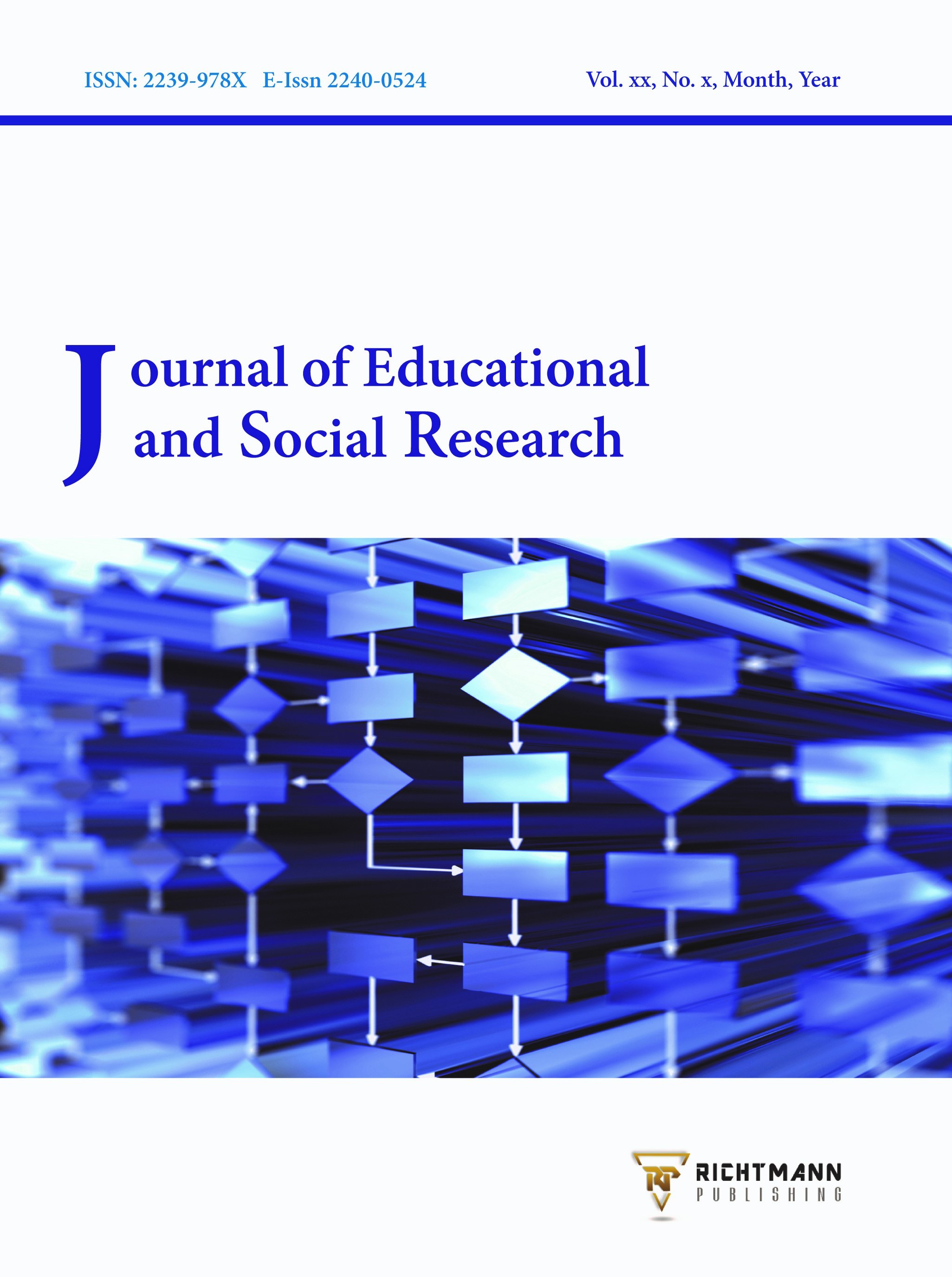Revisiting the Relevance of Tagore’s Concept of Education and His Vision of Cosmopolitan Existence with Special Reference to “The Home and the World”
DOI:
https://doi.org/10.36941/jesr-2023-0026Keywords:
cosmopolitanism, universal humanism, educational philosophy, coexistence, spiritual wisdomAbstract
The cycle of violence, human suffering, and conflicts continues unabated. As we live in the 21st century, we witness an unprecedented systematic assault on human dignity and the cherished values of peaceful coexistence. The contemporary discourse in major parts of the world is shaped by the divisive politics of identity, racism, and pride of various forms. This perhaps explains the rejuvenated debates around the theories of cosmopolitanism and globalization. Tagore had visualized as early as 100 years before how nationalism and a false sense of supremacy posed a danger to the values of coexistence and humanity at large. Calling it an epidemic of evil and destructive enthusiasm, he offered through his philosophy of education a vision for cosmopolitan and harmonious coexistence. He redefined cosmopolitanism in ways that involve the local/national histories/identities and celebrates them as markers of the shared values of peaceful coexistence. The study offers insight into how his call for reconciliation of Western science with the spiritual wisdom of the East offers new avenues for peace, coexistence, and mutual understanding in times when mankind is confronted with myriad challenges on all fronts.
Received: 17 October 2022 / Accepted: 27 December 2022 / Published: 5 January 2023
Downloads
Downloads
Published
Issue
Section
License

This work is licensed under a Creative Commons Attribution-NonCommercial 4.0 International License.
This work is licensed under a Creative Commons Attribution-NonCommercial 4.0 International License.









